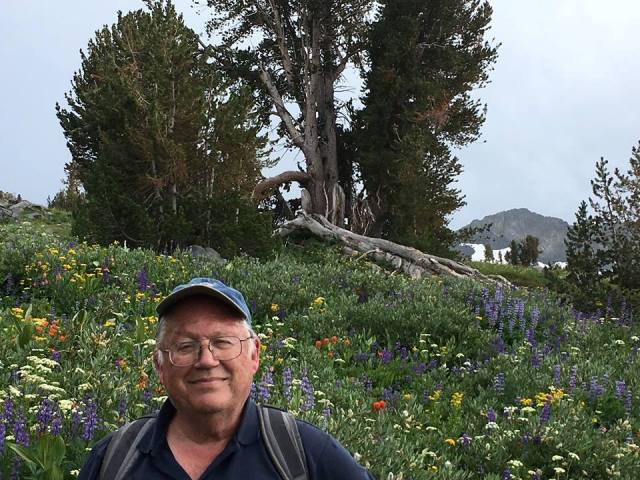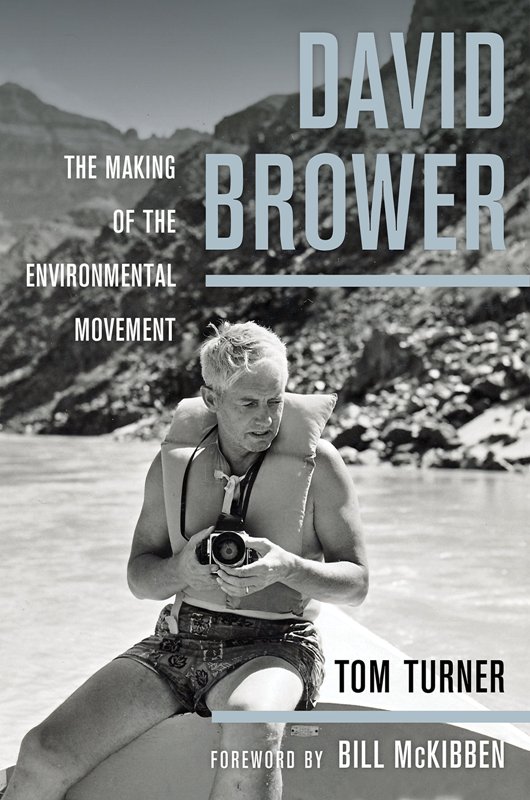What I'd Like to Hear: Difference between revisions
Siterunner (talk | contribs) No edit summary |
Siterunner (talk | contribs) No edit summary |
||
| (4 intermediate revisions by the same user not shown) | |||
| Line 12: | Line 12: | ||
<big>'''What I'd like to hear from just one of our political candidates (for US President) is what I heard from David Brower'''</big> | <big>'''What I'd like to hear from just one of our political candidates (for US President) is what I heard from David Brower'''</big> | ||
by John de Graaf | '''by John de Graaf''' | [http://www.johndegraaf.com '''www.johndegraaf.com'''] | ||
[http://www.johndegraaf.com www.johndegraaf.com] | |||
| Line 32: | Line 30: | ||
* [https://www.greenpolicy360.net/w/File:Escape_from_affluenza.gif '''Escape from | * [https://www.greenpolicy360.net/w/File:Escape_from_affluenza.gif '''Escape from Affluenza, the Film'''] | ||
| Line 46: | Line 44: | ||
* '''https://www.greenpolicy360.net/w/Environmental_movement''' | * '''https://www.greenpolicy360.net/w/Environmental_movement''' | ||
* '''https://www.greenpolicy360.net/w/David_Brower_and_Friends_of_the_Earth''' | |||
Latest revision as of 14:18, 24 November 2023
September 1, 2019
What I'd Like to Hear
What I'd like to hear from just one of our political candidates (for US President) is what I heard from David Brower
by John de Graaf | www.johndegraaf.com
I think most of us have personal heroes and mine was the late, great environmentalist David Brower, who built the Sierra Club and was the leading American voice for conservation in the second half of the 20th Century. He also started Earth Island Institute on whose board I currently serve.
I knew Dave for the last 28 years of his life and visited him at Alta Bates Hospital in Berkeley, where he lived, only a few days before he died in 2000. It was clear that the end was near, but when I left, I told him, “The next time I see you I hope you’ll be back out there healthy again and fighting the good fight.” He looked me right in the eye and said, “John, I don’t think that’s in the cards, but it’s been a great 88 years.”
I think that’s what we all want to be able to say when our time is up, however much or little time we have. We want to know that our lives have counted for something, that we made a difference, not just a killing. I think David Brower died a happy man, but he was certainly a worried one. In many of his speeches, he used a powerful metaphor to point out the absurdity of our current faith in limitless growth.
He compressed the age of the earth, estimated by scientists at some 4.6 billion years, into one week. When you do this, a day represents about 650 million years, an hour, 27 million, a minute, about 450,000, and a second, 7,500. Think about that.
On Sunday morning, the earth congeals from cosmic gases, and by late Monday, the first tiny life forms emerge. In the next few days, they become larger, more complex and more wondrous. Before dawn on the last day—Saturday—strangely-shaped creatures fill the Cambrian seas. In the afternoon of that very last day of the week, giant reptiles thunder across the land and fill the sky. The dinosaurs enjoy a long run, commanding Earth’s stage for about six hours, before an asteroid or a series of volcanic eruptions makes earth too cold for them.
Late that evening, mammals, able to withstand a cooler world, flourish and evolve, until, less than a minute before midnight, on that final night of the week, we show up. Only about 10,000 years ago in real time, less than two seconds before midnight in our metaphor, humans develop agriculture and start building cities. At a third of a second before midnight, Buddha is born; at a quarter of a second, Christ; at a fifth of a second, Mohammed.
Only a thirtieth of a second before midnight, we launch the Industrial Revolution, and, after World War II, perhaps one hundredth of a second before midnight in our week of creation—again, on the final night — the age of consumerism — or what I’ve called “the age of Affluenza,” begins.
In that hundredth of a second, Brower and others have pointed out, we have managed to consume more resources than did all human beings all together in all of previous history. We have diminished our soils, wildlife, fisheries, fossil fuels and forests by half. We have caused the extinction of countless other species, and we have dramatically changed the climate. Think of what it means that we have done all of this in this blink of the geological eye.
There are people, Brower said, who believe that what we have been doing for that last one-hundredth of a second can go on indefinitely. They are considered normal, reasonable, intelligent people; but, really, they are stark, raving mad. We can’t grow on like this. We will not find what we need by worshipping economic growth and material progress. In fact, we just might drive ourselves to extinction.
We will need to live more lightly on the earth, more slowly, appreciating simpler things, natural things...
IN OUR HEARTS, WE KNOW THIS. WHY ARE WE AFRAID TO SAY IT? OUR DESCENDANTS DESERVE BETTER.
○
- Additional Website Resources - Linked Data - Green Best Practices
- Anthropocene
- Atmosphere
- Atmospheric Science
- Biodiversity
- Clean Air
- Clean Water
- Earth
- Earth Day
- Earth Science
- Earth360
- EarthPOV
- Eco-nomics
- Eco-Spirituality
- Ecology Studies
- Ecotourism
- Education
- Energy Policy
- Environmental Laws
- Environmental Protection
- Environmental Security
- EOS eco Operating System
- Forests
- Green Best Practices
- Green Energy Initiatives
- Green Party
- Green Politics
- Green Values
- Health
- Natural Resources
- Nuclear Nonproliferation
- Oceans
- Ocean Science
- Peace
- Planet Citizen
- Planet Citizens
- Planet Citizens, Planet Scientists
- Renewable Energy
- Resilience
- Strategic Demands
- Sustainability
- Sustainability Policies
- US Environmental Protection Agency
- Water Quality
- Whole Earth

